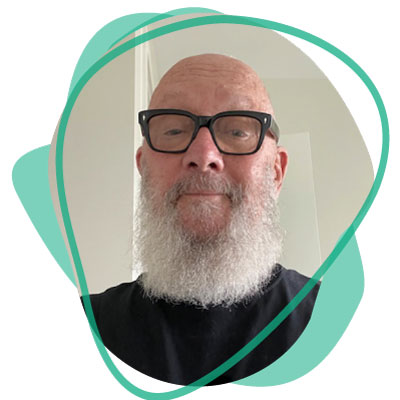The survival rate for acute promyelocytic leukemia (APL) in the 1990s was about 10 per cent. By the 2010s it was about 90 per cent.
These numbers tell you why, when I was diagnosed with APL in 2017, I was told that I had won the lottery.
Right place. Right time. But it wasn’t luck that dramatically changed my prognosis. It was cancer research.
A few decades ago scientists in China began studying arsenic trioxide (ATO) as a treatment for APL. For 2,000 years arsenic was a commonly used ingredient in various medications in China. Modern studies trialled ATO, often in combination with chemotherapy or other treatments, and the results were extremely positive.
ATO was ultimately approved to treat APL by the FDA in the early 2000s and its increased use is a big reason for the dramatic shift in APL survival rates — from one of the deadliest forms of acute myeloid leukemia to the most treatable.

I am an example of that success. Eight years after my initial diagnosis I am now a healthy man with no APL residue. During my nine months of treatment, and as my blood counts started to improve, I read more about how ATO came to be developed for APL.
Out of that investigation I composed a letter to two of the researchers behind the ATO studies of the 1990s, describing to them my experience on the receiving end of their breakthroughs. I wanted them to know, beyond the numbers that they could see, what a difference they were making in the lives of people around the world.
I soon heard back from them and I swear there were smiles in their letter. They said that it indeed made a difference to see the real-world implications of their research.
Our shared experience — my health and their joy from hearing my story — is a testament to the power of cancer research.
That power also inspired me to want to contribute to blood cancer research. I took the opportunity to be a patient advisor in a project aimed at developing ways to encourage newly diagnosed blood cancer patients to donate extra bone marrow samples for research purposes.
The opportunity to help others through cancer research, just as others before helped me, has been an honour.
A Toronto native, Gary Davis now lives in Ottawa with his wife of many years. Following a career in community economic development he is now savouring retirement.
